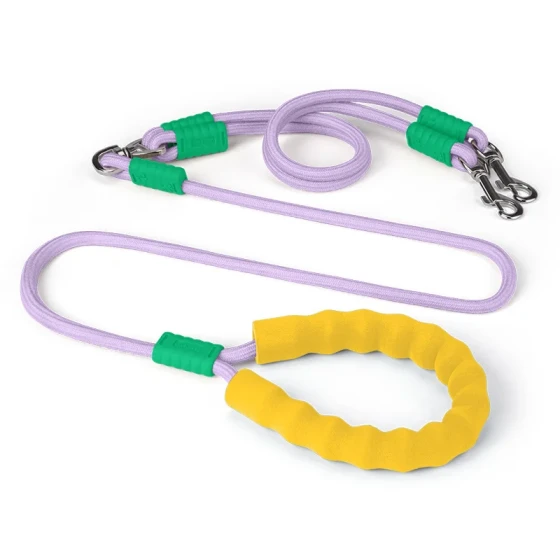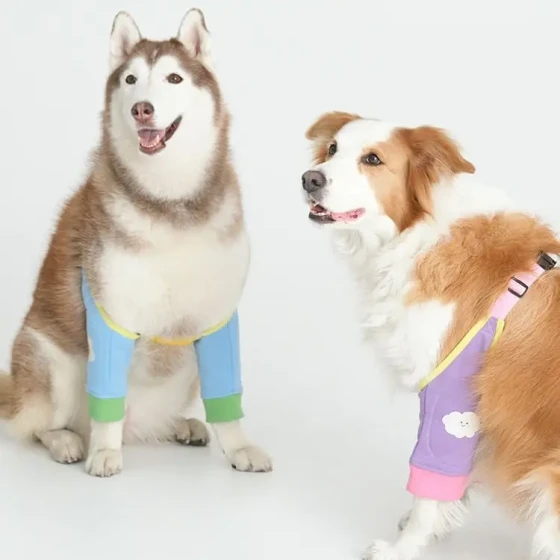Common Mistakes When Punishing Dogs

Timing is very important when punishing dogs
Punishing dogs is actually a quite necessary method during dog training. Many owners feel that there is no need to punish dogs during education; just talking nicely will eventually correct their faults. But often, things go the opposite way. When a dog makes a mistake and does not receive timely punishment and reprimand, they will think it is no big deal, and may even believe it is justified behavior.
1. Dogs do not like punishment
Many owners think dogs certainly do not like being punished, so after a dog makes a mistake, they tend to respond by giving them the “silent treatment.” However, compared to being ignored, dogs actually hope their owners communicate with them more. Even punishment for dogs is a form of interaction and a way to get attention from the owner. Therefore, properly punishing dogs not only achieves better education results but also enhances communication between the owner and the dog.
2. Punishing after the event
Many dogs have the habit of urinating and defecating anywhere, but many owners only discover this after returning from work. They feel the need to punish the dog as a warning, and proceed to scold harshly. However, studies show that the best time to punish or reward is within 0.38 seconds after the behavior. So, when you come home and then criticize them, dogs have no idea why they are being reprimanded. At this point, punishment is meaningless for the dog.

Owners must be resolute when punishing dogs
3. Only punishing, no correction
Education of dogs cannot be just pure punishment. After punishment, we need to guide dogs properly. For example, to correct the habit of urinating anywhere, once caught in the act, timely criticism is necessary, followed by the owner providing correct guidance, such as placing a pee pad in a corner and bringing the dog there. If the dog urinates on the pad, then reward it afterwards. This not only acts as a warning but also lets dogs know the right behavior.
4. Sometimes punishing, sometimes indulgent
The attitude towards misbehaving dogs must be firm. Some owners have inconsistent attitudes; when in a bad mood, they harshly scold the dog, but if in a good mood, they let things slide. This approach is very harmful for dog education as it confuses the dog. They don’t understand if their behavior is right or wrong and why sometimes they get punished and sometimes not. Therefore, owners must be firm: punish when necessary and do not keep changing your attitude.
To educate dogs, appropriate punishment is necessary. Both timing and methods matter significantly. Punishment does not mean beating. Some owners, upon discovering bad habits, rage and lash out physically. This kind of punishment only causes fear in dogs and is not very effective. Therefore, adopting appropriate methods to punish is important. You can choose deterrent tools like a loving stick, a newspaper, etc. These can punish dogs without causing harm and achieve good results.





